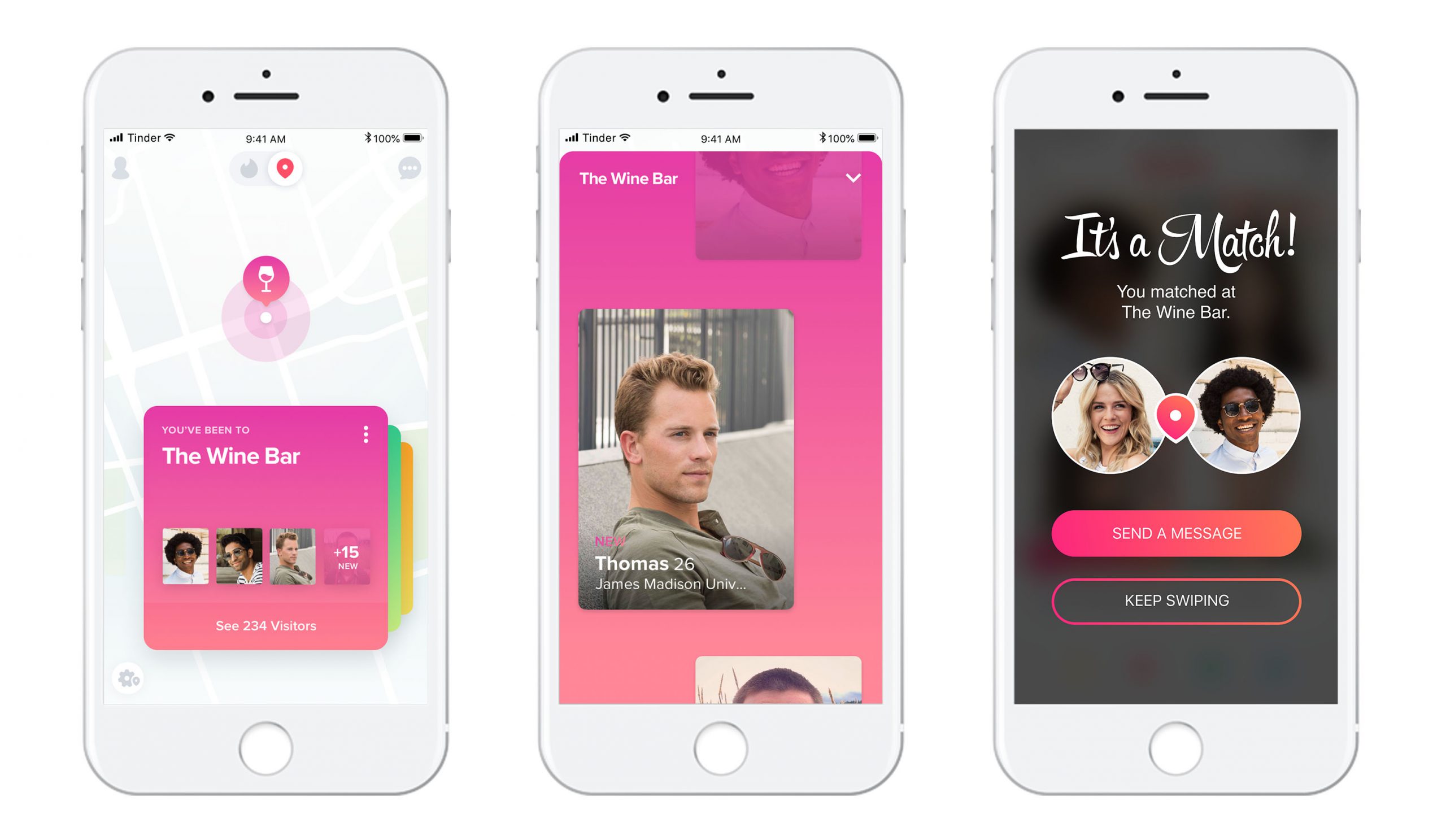The Week in Social: GDPR, Instagram Muting, and Political Ad Labels

GDPR comes into effect
The General Data Protection Regulation has officially come into effect, and the transition hasn’t been a smooth one. Some companies raced to meet GDPR rules before the May 25th deadline, with Apple now letting countries in the European Union (and a select few others) download their personal data. Various US publications, including the LA Times, have blocked their sites within the EU to avoid breaching the regulation, and NPR is offering a plain text version of its site with no tracking. Meanwhile, Google and Facebook are already facing lawsuits from a privacy activist claiming the companies aren’t fully GDPR compliant.
This is likely just the tip of the iceberg, with an April survey suggesting 60 percent of US and European tech companies weren’t on track to meet the GDPR compliance deadline. Whether or not offending companies will face immediate penalties or be given a grace period remains to be seen. Furthermore, there are questions around how certain aspects of the complex regulation will be enforced, and whether or not regulators have the resources to keep up.

Read more at The Verge
Quality of life features come to Instagram
If Instagram gives you FOMO, you might soon be able to tell precisely how much you’re missing out on. The app is now letting some users know when they’re “all caught up” with the latest content from the friends, family, and celebs they follow. Exactly how the feature works (for instance, will users see all content or just the top posts?) and when it’ll be widely rolled is currently unknown.
As for the photos and videos that you do want to miss out on, Instagram will also have you covered. The platform now lets you mute any account you follow, allowing a reprieve from that person who posts just a bit too much.

Read more at Forbes
Mark Zuckerberg appears before European Parliament
After testifying in front of the United States Congress in early April, Facebook CEO Mark Zuckerberg this week fronted European Parliament to discuss ongoing controversy surrounding the social network. Zuckerberg fielded just over an hour’s worth of questions regarding the company’s responses to data privacy concerns, disinformation, and terrorist propaganda, and whether or not the platform was silencing conservative voices.
If you followed the Congress testimony, you know how this ends: little impact was made, and Zuckerberg’s answers were mostly recycled from his conversation with lawmakers. But he was left with this interesting thought from Belgian politician Guy Verhofstadt: “You have to ask yourself how you will be remembered… As one of the three big internet giants together with Steve Jobs and Bill Gates, who have enriched our world and our societies, or on the other hand, the genius that created a digital monster that is destroying our democracies and societies.”
Read more at The Verge
Tinder begins testing location-based matching
Tinder has announced that Places – its recently revealed feature that allows users to match based on their location history – is now being tested in Australia and Chile. Users in those countries can let the app take note of the cafés, bars, and other social places they visit, and then look for a partner who also frequents those spots. “Now, you not only have something in common, you also have a genuine icebreaker and your first-date spot,” the company said.

Read more at the Tinder Blog
Twitter and Facebook make political advertising changes
With midterm elections approaching in the US, social platforms are working to avoid the chaos of political disinformation that dogged the country’s 2016 election. Twitter is adding badges to the official profiles and tweets of candidates to help users “identify original sources and authentic information” on the social network.
Similarly, Facebook has announced it will start labelling all ads related to politics and hot topics with information on who’s paying for the ad. Media outlets, including the New York Times, haven’t responded to kindly to the news, however, as their promoted articles will also be subject to the rule, potentially creating confusion between reporting and advertising. Facebook has since said that it will work with publications to “develop the right approach.”
Read more at Venture Beat
Even Airbnb has Stories
It seems no platform is safe from Stories, the ephemeral and ever-popular content feature that has spread from Snapchat to Instagram to Facebook and even Google AMP, and the latest company to hop aboard is Airbnb. The rental service has begun quietly testing ‘Travel Stories’ with a pool of users, allowing them to share 10-second clips of their holiday experiences. The company has stated that the function aims to “help our community members tell their stories,” suggesting Airbnb may have a deeper emphasis on content and communication in the future.

Read more at Tech Crunch
So long, StumbleUpon
After 16 years of helping internet users discover content, StumbleUpon is saying goodbye. Co-founder Garrett Camp made the announcement on Medium this week, stating that while the service has helped 40 million people access 60 billion interesting pieces of internet, “we still need better tools to help us filter through the exploding amount of content on the web, and find signal within the noise.” The concept isn’t going away entirely, though – all StumbleUpon accounts are being transitioned into Mix, a similar service from Camp that “makes it easier for people to organize content into meaningful collections.”
Read more at Medium